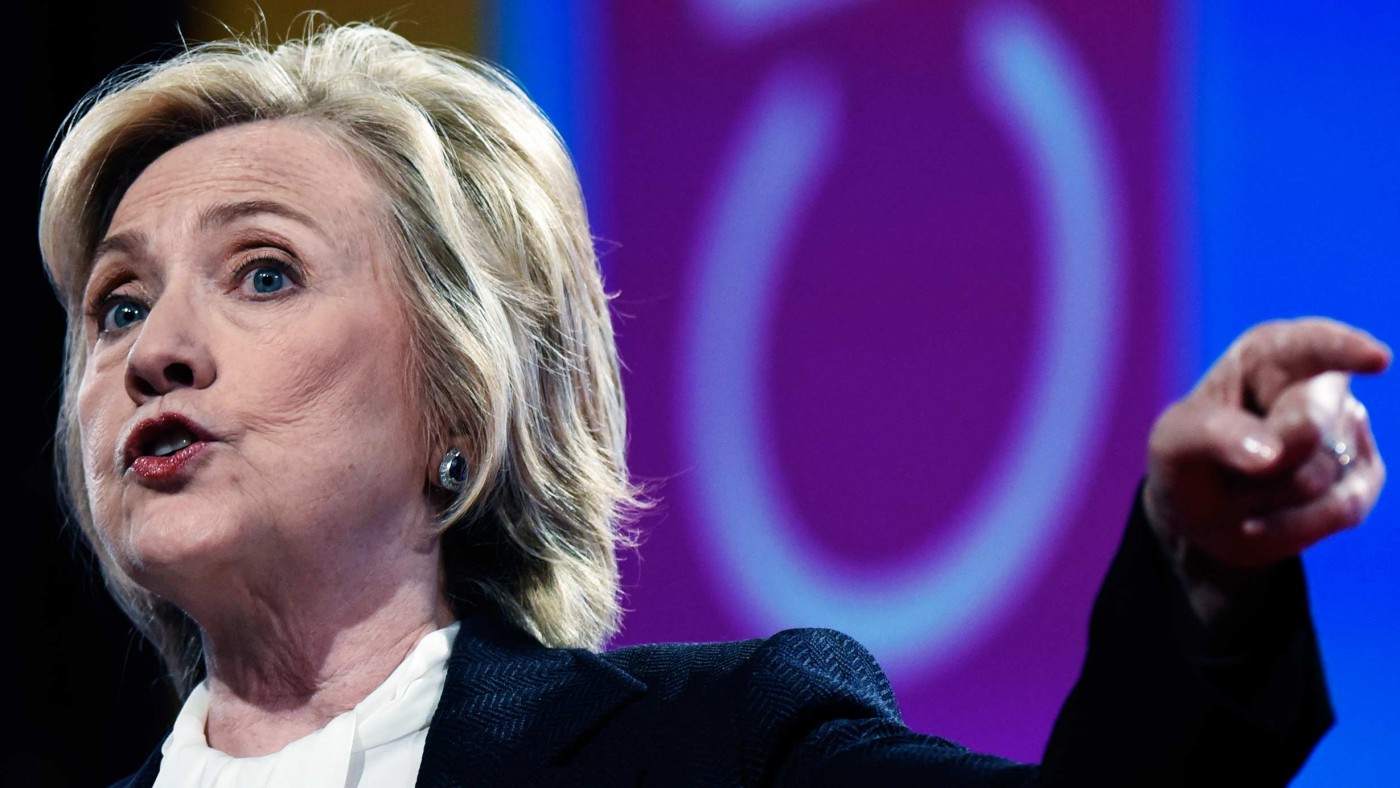There is little that can win candidates easier points in American politics than lashing out against big financial firms that caused the crisis of 2008, or decrying the existence of income inequality reducing the standard of living for middle class American families. Hillary Clinton, in her first major economic address on Monday, managed to hit both points, but her track record and speech demonstrates that she is really interested in addressing neither, and certainly not with free market goals.
One of the larger areas of economic growth in the United States over the last year has been the sharing economy. It has bolstered and supplemented lower and middle class incomes commensurate with stagnation in real middle class purchasing power‑the scheme is as complicated as a modern free market responding to demand for cheap good and a willingness to supply them. Specifically, Uber has raised the standards of living for thousands of drivers throughout the United States, many of whom make more than traditional cabbies and work shorter hours‑this has been reported in the New York Times, the Washington Post, and the Huffington Post to name a few outlets. Presidential-hopeful Clinton will “work with every possible partner to turn the tide” against the new “‘on demand’ or so-called ‘gig economy.’”
Essentially, this means that she will be shoring up the protections of unions, such as taxi drivers and hotel workers‑her political base, at the expense of the new and higher incomes that middle class Uber and Lyft drivers receive. There is no room for competition or innovation in Clinton’s new economy, “exciting opportunities” like being an Uber driver, or renting out a place on AirBnb, implicate “hard questions about workplace protections and what a good job will look like in the future.” Instead of answering those questions meaningfully, Clinton promises to “turn the tide” in an appeal to her base. The romanticism for the economy of the post-World War II era that Clinton is tapping into is remarkably useful in making populist claims that no president has yet been able to back, or for which any president has been held politically accountable.
As to Wall Street, Clinton will “offer plans to rein in excessive risks on Wall Street and ensure that stock markets work for everyday investors,” and will “appoint and empower regulators who understand that Too Big To Fail is still too big a problem.” However, as reported by Reuters, “It remains unclear how her tough language might affect the deep ties Clinton and her husband, Bill Clinton, have with Wall Street. Both have been handsomely paid for speeches by major finance and investment institutions in recent years, including Goldman Sachs and the Carlyle Group.” It is no wonder that instead of promising to reinstate the Glass-Steagall Act, which her own adviser claims she will not do, and drawing a firm, bright line between investment and commercial banks, she will instead “go beyond” the 2010 Dodd-Frank Law and expand the regulatory power of the executive branch. While she will score political points by slamming Wall Street, meaningful reform is unlikely, while increased costly executive regulation is more likely.
There it is, the Clinton economic plan: tired populist slogans, an appeal to unions, and expanded executive powers.


